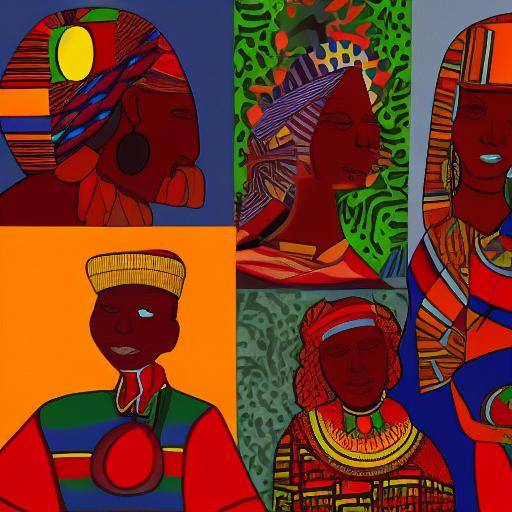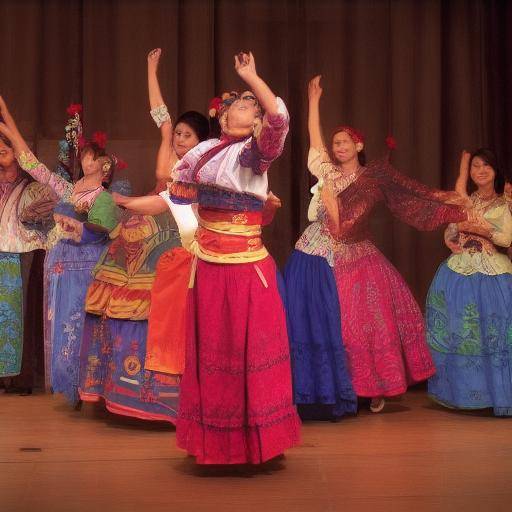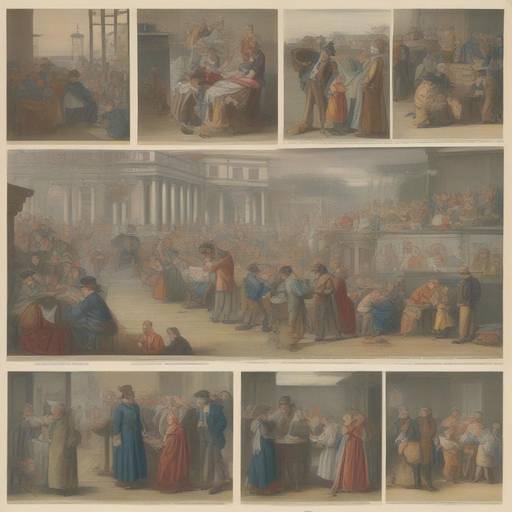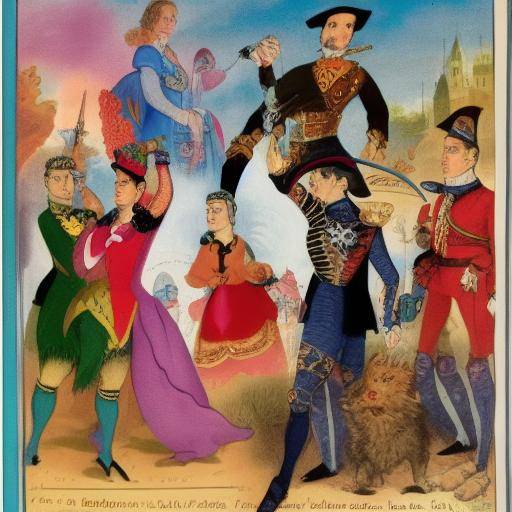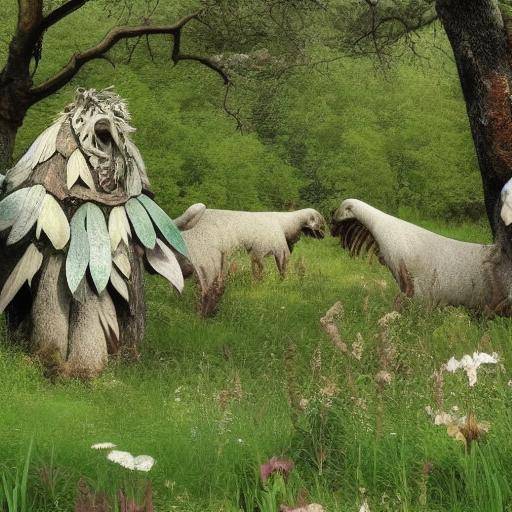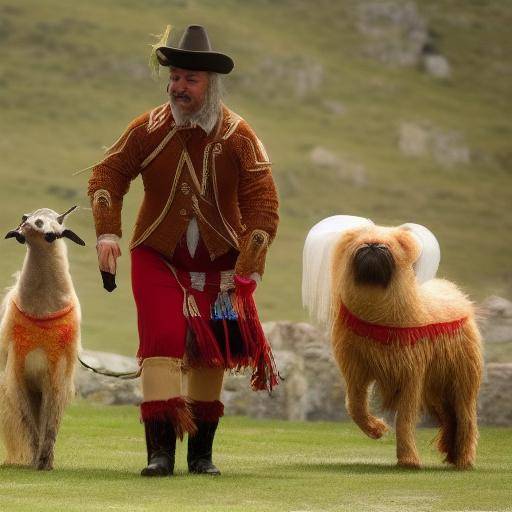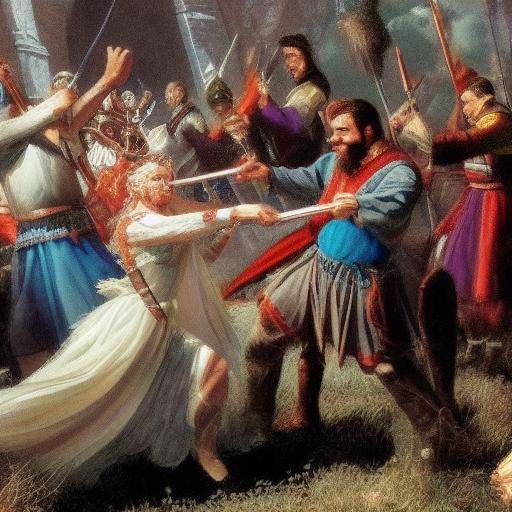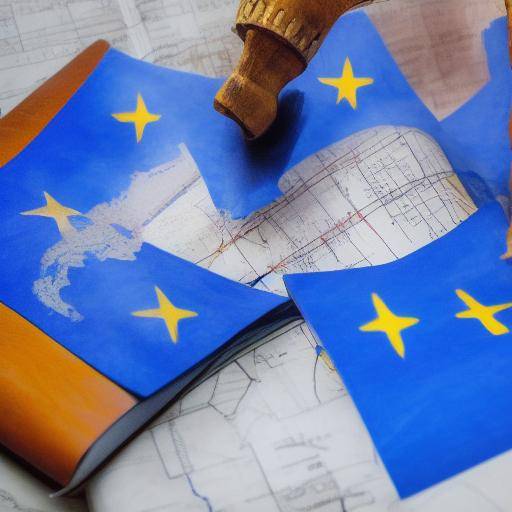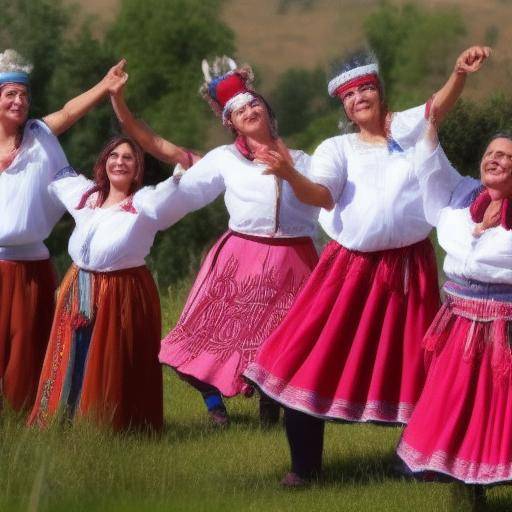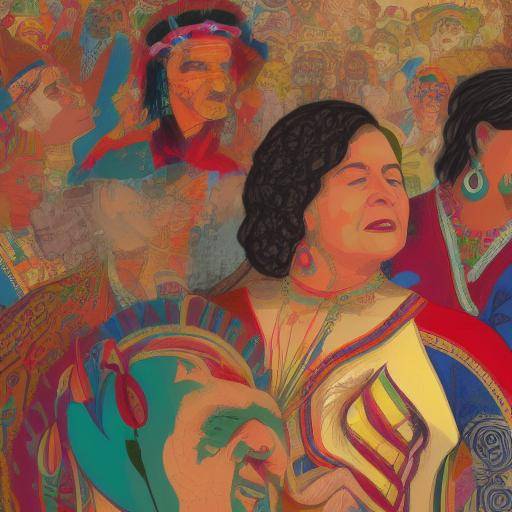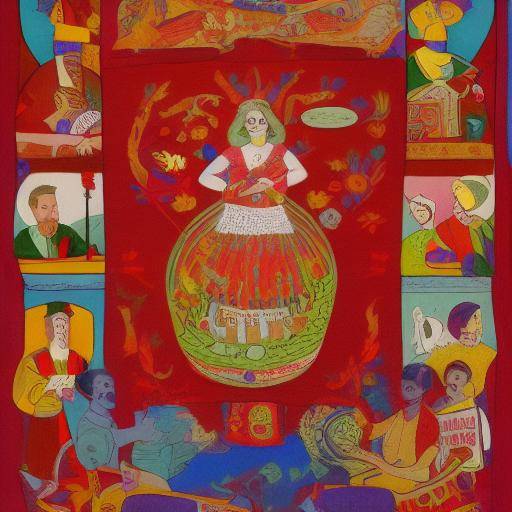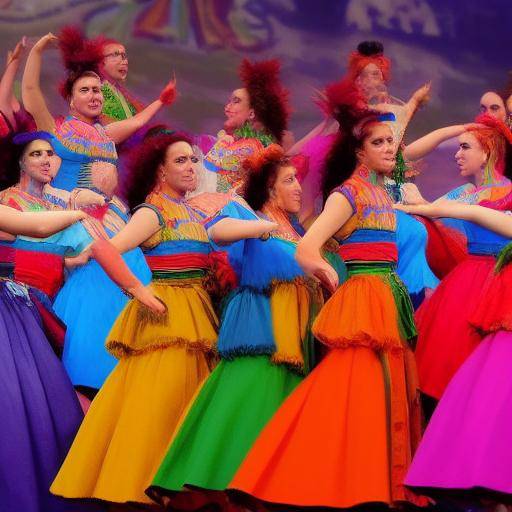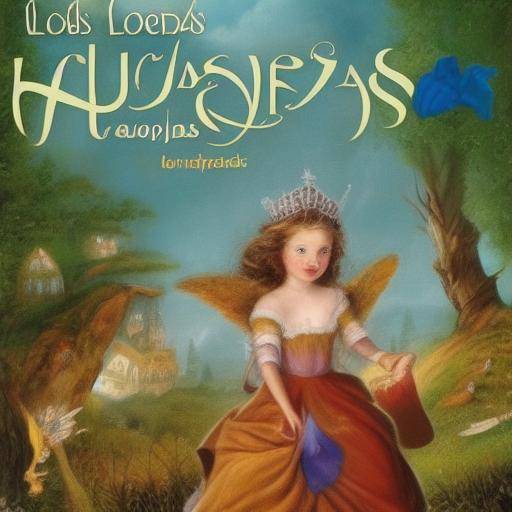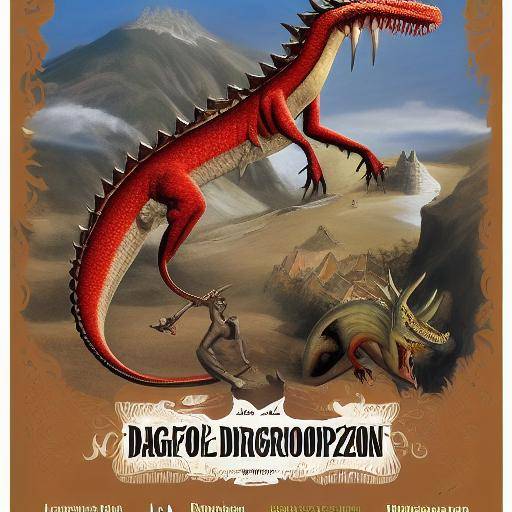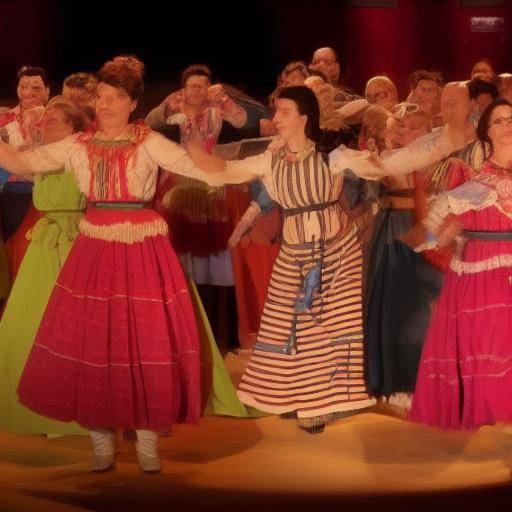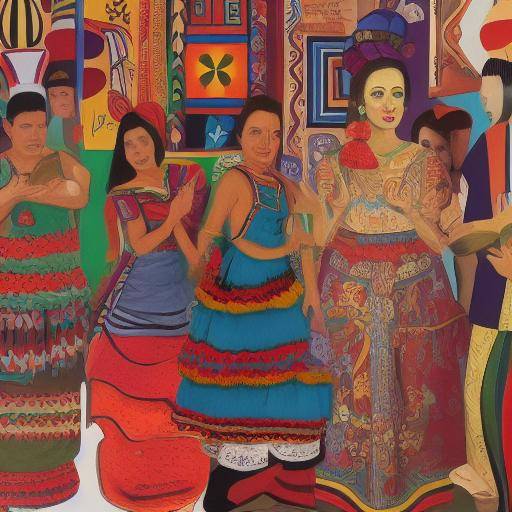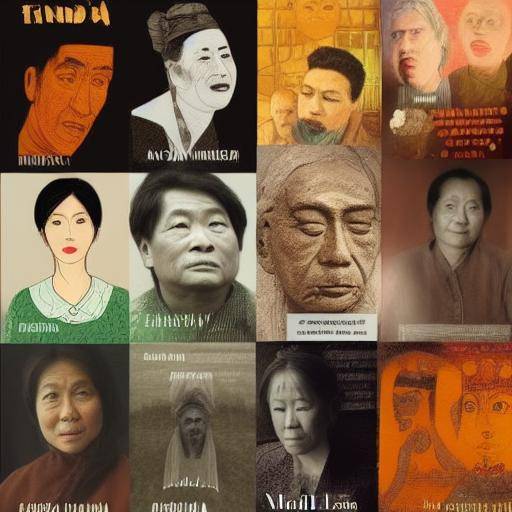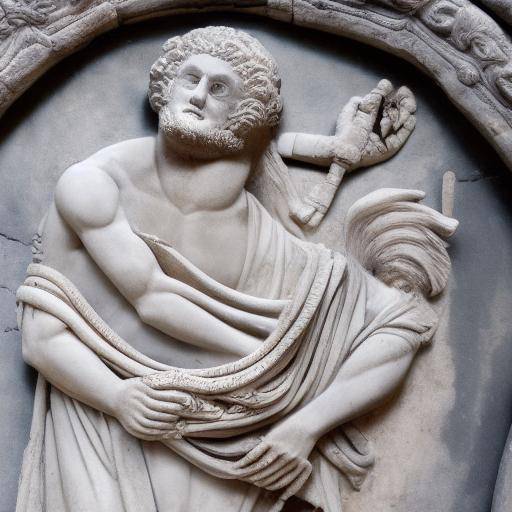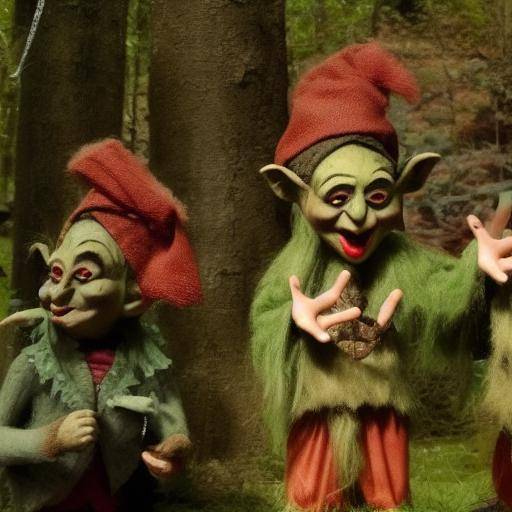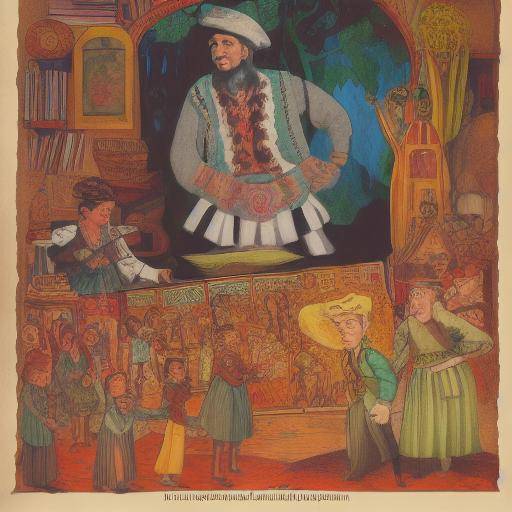
European folklore has been an inexhaustible source of inspiration for contemporary literature, influencing novels, stories, poetry, and other forms of literary expression. This rich cultural tradition has left an indelible mark on the creativity of writers and has given rise to works that intertwine magic, superstition, and imagination. In this article, we will explore how European folklore has permeated contemporary literature, analyzing its influences, evolution, practical applications, and future trends.
Introduction
European folklore is a treasure of traditions, myths, legends, and popular stories that have been passed from generation to generation. These stories reflect the cultural wealth and the worldview of the different regions of Europe, ranging from accounts of fantastic beings to beliefs rooted in the everyday life of their inhabitants. Contemporary literature has learned the essence of this folklore, weaving narratives that intertwine the magic with the real, the fantastic with the everyday.
History and Background
The European folklore has its roots in ancient times, shaped by the different cultures that populated the continent over the centuries. From the homérica epopeyas to fairy tales collected by the Grimm brothers, folklore has been an integral part of European identity. Over time, these stories have been adapted to social and political circumstances, influencing the creation of a vast oral tradition that has lasted through the centuries.
Contemporary literature has found in these narratives a vast terrain in which to explore universal themes such as love, death, destiny, justice, and redemption. Writers like Gabriel García Márquez, Isabel Allende, and Salman Rushdie have masterfully intertwined European folklore with elements of Latin American culture, creating works that transcend geographical and temporal borders.
Analysis in Deep
The influence of European folklore in contemporary literature is reflected in the creation of new myths and literary archetypes. Mythic characters like the vampire, the werewolf, and the fairies have transcended the pages of the books to become icons of popular culture. The use of these legendary figures in contemporary literature has generated a dialogue between the past and the present, where the fantastic intertwines with the everyday, offering the reader a universe in which the imagination unfolds its wings.
Comprehensive review
The influences of European folklore in contemporary literature transcend mere entertainment, as they also provide a deeper understanding of human psyche and social dynamics. What role do these stories play in the configuration of identities and the transmission of cultural values? How has the treatment of folklore evolved in contemporary literature over time? These are some of the questions that invite you to explore the relationship between European folklore and contemporary literature in a wider context.
Comparative analysis
The comparison between European folklore and contemporary literature reveals a rich and complex framework in which tradition and avant-garde converge. Through the reworking of ancient myths and legends, contemporary literature has revitalized these stories, giving them new meanings and connotations. Thus, the work of authors such as Neil Gaiman, with his reinvention of deities and mythical beings in an urban context, constitutes a notable example of this integration between the old and the modern.
Practical Tips and Accessible Recommendations
If you want to enter the world of European folklore and its influence in contemporary literature, we encourage you to explore the works of authors who have known how to illuminate this link between the ancestral and the modern. It also takes advantage of the wealth of available resources, from anthologies of European popular tales to critical works that analyze the presence of folklore in contemporary literature.
Perceptions of Industry and Expert Reviews
The literary world has enthusiastically welcomed the fusion between European folklore and contemporary literature, recognizing in this symbiosis a way of enriching the narrative and connecting with cultural roots. Literature experts applaud the dialogue between tradition and modernity, enriching the literary landscape with new perspectives and themes.
Case Studies and Real Life Applications
European folklore applications in contemporary literature are varied and rich in nuances. From the recreation of classic myths to the reinterpretation of local legends, contemporary writers have used this vast repertoire as a fertile field for narrative exploration. The adaptations of popular, metaphorical and symbolized tales have allowed the authors to establish an emotional and aesthetic link with their readers, generating works that transcend mere entertainment to become deep reflections on the human condition.
Future Trends and Predictions
The future of the influence of European folklore in contemporary literature is seen as a fertile territory for narrative innovation. As globalization and cultural interconnection deepen, the boundaries between literary traditions are likely to be further blurred, providing opportunities for mutual enrichment among different cultural heritages. Moreover, the emergence of new literary voices from different ethnic and cultural contexts will bring greater diversity and wealth to the literary acquis enriched by European folklore.
Conclusion
The influence of European folklore in contemporary literature is a fascinating theme that invites us to deepen the links between tradition and innovation, between old and modern. Through this exploration, we have discovered how European folklore has permeated contemporary literature, enriching its pages with the magic and wisdom accumulated over the centuries. This lasting link between tradition and contemporaryity promises to continue to inspire writers and readers, offering a vast terrain of exploration for creative minds.
Frequently asked questions
How does European folklore influence contemporary writing?
European folklore provides contemporary writers with a rich repertoire of motives, archetypes, and themes that enrich their narratives, giving them a symbolic and emotional dimension that connects readers to a deep level.
What are the advantages of incorporating European folklore into contemporary literature?
The integration of European folklore into contemporary literature provides a way to explore cultural identity, enrich the narrative with symbolic and mythical elements, and establish bridges between the past and the present.
Are there challenges in using European folklore in contemporary literature?
One of the challenges lies in finding a balance between creative reinterpretation and respect for traditions, avoiding falling into stereotypes or simplifications that reduce the wealth of European folklore.
What emerging trends are glimpsed in the integration of European folklore into contemporary literature?
There is an increase in the exploration of powerful female figures, the revaluation of forgotten folk figures, and the incorporation of narratives that reflect European cultural diversity.
How can I explore more deeply the influence of European folklore in contemporary literature?
You can start by reading classic and contemporary works that make use of European folklore, as well as consulting essays and literary criticisms that address this issue. In addition, participating in discussion groups, attending literary conferences, and following writers and critics who address this issue will allow you to enter this fascinating narrative universe.
How has European folklore influenced contemporary literature outside of Europe?
European folklore has transcended the geographical borders and influenced contemporary literature on other continents, enriching narratives with mythical, symbolic, and archetypical elements that resonate with humanity as a whole.
Final conclusion
The influence of European folklore in contemporary literature is a vast territory of exploration that awakens imagination and nourishes creativity. Throughout these pages, we have drawn a journey through this universe where the ancestral interweave with the modern, becoming an inexhaustible source of inspiration for writers and readers alike. We say goodbye to the certainty that this connection between European folklore and contemporary literature will continue to delight us with new stories and revelations, keeping alive the flame of imagination throughout the centuries.

